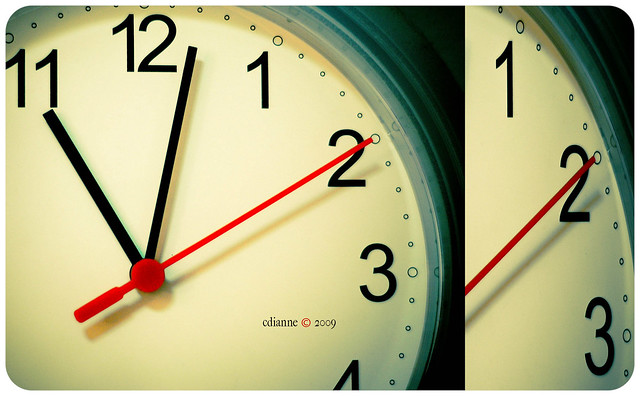
Before we present this week’s Weekend Reads, a question: Do you enjoy our weekly roundup? If so, we could really use your help. Would you consider a tax-deductible donation to support Weekend Reads, and our daily work? Thanks in advance.
The week at Retraction Watch featured a retraction demand from CrossFit; a “case of good science” in a Nature retraction; and another Forensics Friday, in which you can test your sleuthing skills. Here’s what was happening elsewhere:
Continue reading Weekend reads: “Banished” data used in a paper; cancer group’s database draws ethical scrutiny; company employees banned as peer reviewers




